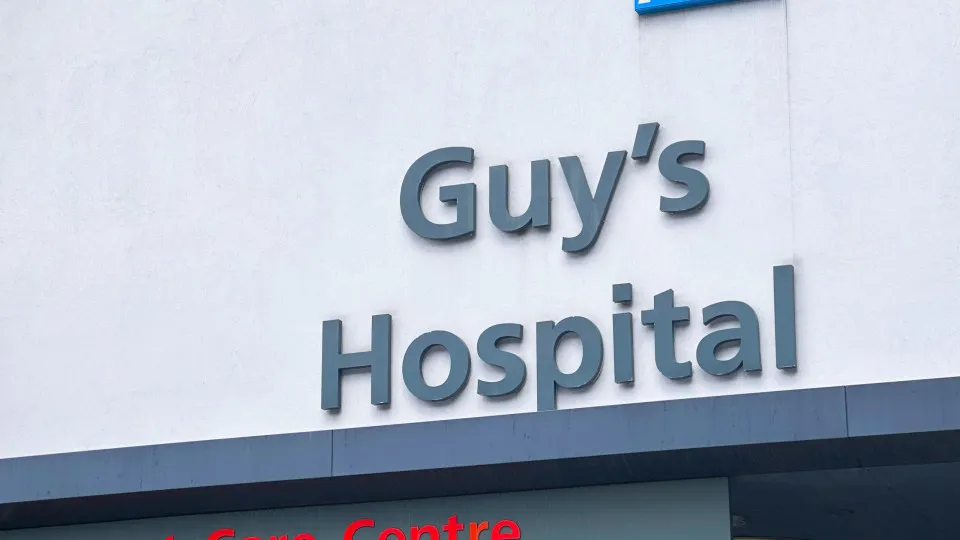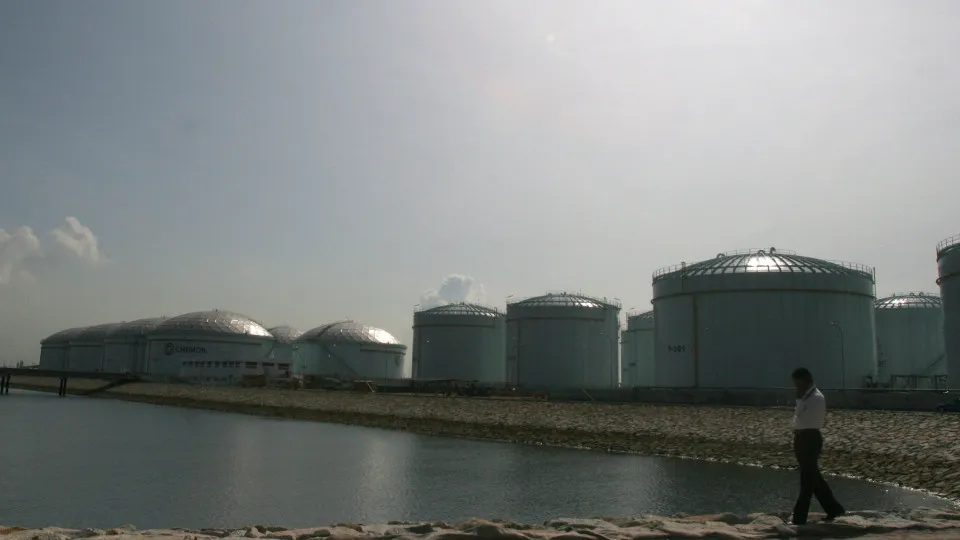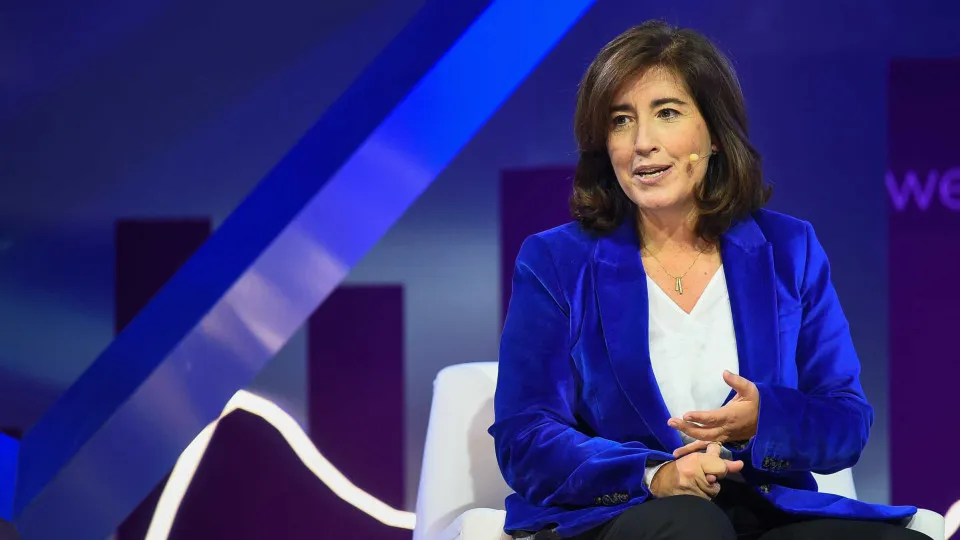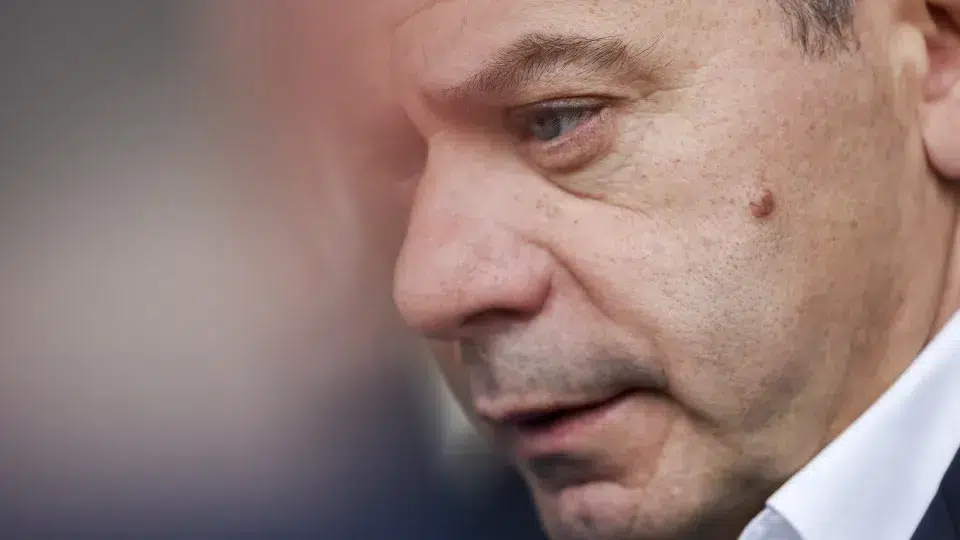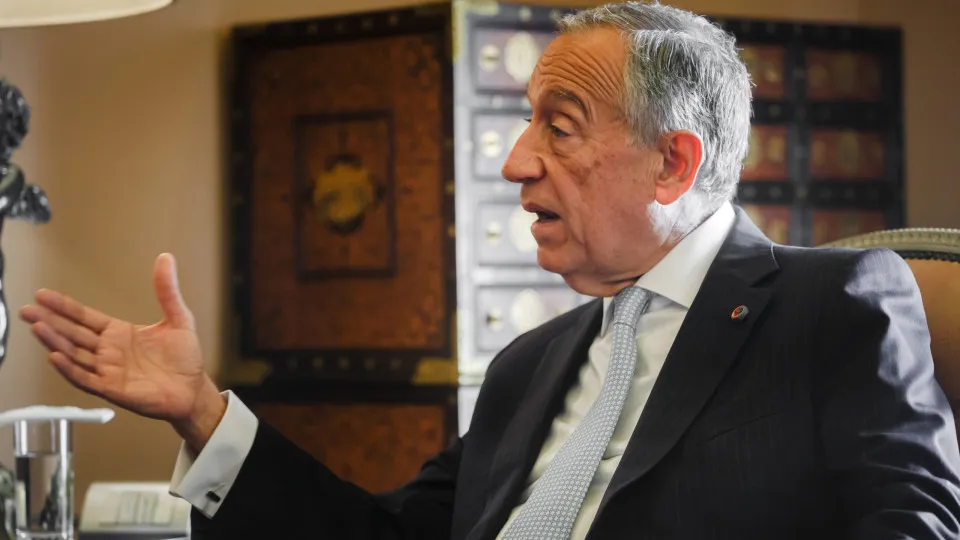
President Marcelo Rebelo de Sousa spoke in English at the National Coach Museum in Lisbon during a meeting with startups set to participate in the 10th edition of the Web Summit next week, in the presence of Paddy Cosgrave, co-founder and CEO of this tech summit.
“Paddy truly brought the revolution to Portugal,” stated the head of state. “It was a revolution in Portugal. Sometimes we don’t realize what changes, but the Portuguese economic landscape has changed immensely,” he emphasized.
The President noted that these years have seen the digital sector’s growing influence on the economy, with regulations appearing in Portugal sooner than in other European countries, and an increase in the number of unicorns, startups valued at one billion dollars, currently at seven, with potentially three more in the coming years.
“For a small country of ten million, wow,” commented the head of state, adding: “Of course, much of it is due to immigrants. I acknowledge that. Perhaps, for now, it’s a minority, but I acknowledge it.”
Marcelo Rebelo de Sousa highlighted the “full expansion” of Brazil, “as a country, as a people, as digital” and the influx of Brazilians to Portugal in recent years: “There were 180,000, now there are 600,000. And they can’t be stopped, which is good.”
“Then, the Asians. The Asians were changing the world. The Asians and Asia, the various Asias,” he continued.
With Secretary of State for Economy João Rui Ferreira also present at the meeting, the President emphasized that the Web Summit had the support of governments and municipal executives from both the left and right.
Marcelo Rebelo de Sousa promised a “surprise” appearance at this year’s edition of the tech summit in Lisbon, scheduled from Monday to Thursday next week.
At the end of the meeting, speaking to journalists, the head of state considered this “was one of those cases where there was a regime agreement.”
According to a contract signed in 2018 with the Government and Lisbon City Council, the Web Summit committed to remaining in the Portuguese capital for another ten years and not hosting competing events in Europe during this period, receiving 11 million euros per edition in return.
In total, the funding amounts to 110 million euros, with 80 million provided by the Portuguese state, spread between 2019 and 2028.

